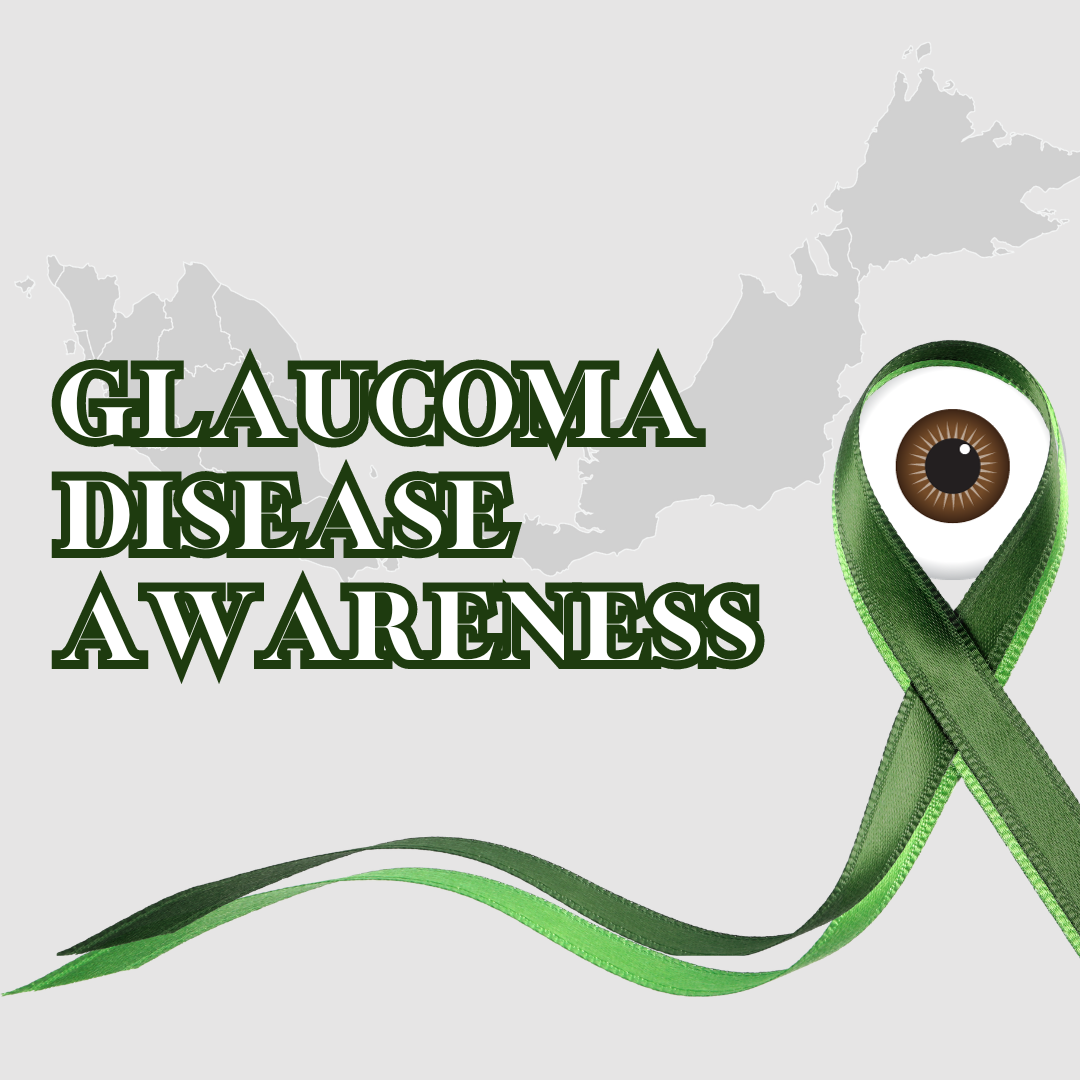Did you know glaucoma is frequently called the "silent thief of vision"? This is due to its tendency to exhibit no symptoms during the early stages, making it challenging to identify without regular eye check-ups. Detecting and treating glaucoma early on is vital to prevent or delay its advancement. Without proper treatment, glaucoma can lead to vision impairment and, ultimately, complete blindness.
Common Symptoms of Glaucoma you should be aware of:
-
Gradual Loss of Peripheral Vision: Difficulty seeing objects or movements at the sides or corners of their visual field.
-
Tunnel Vision: Restricted field of vision which impact daily activities and mobility.
-
Blurred or Hazy Vision: Some individuals with glaucoma may experience blurred or hazy vision, particularly in the later stages of the condition.
-
Increased Sensitivity to Light: Glaucoma can make the eyes more sensitive to light, causing discomfort or glare in bright environments.
-
Halos Around Lights: Some people with glaucoma may notice halos or rings around lights, especially at night or in low-light conditions.
-
Eye Pain or Redness: These symptoms are less common and typically indicate a more advanced stage of the condition.
Do you know?
Rubbing the eye can also cause elevated intraocular pressure which leads to higher risks of getting glaucoma.

Causes:
-
High Intraocular Pressure: Elevated IOP- It occurs when the fluid within the eye (aqueous humor) does not drain properly, leading to increased pressure on the optic nerve.
-
Age: Glaucoma becomes more prevalent as individuals age, particularly after the age of 60. The risk continues to increase with each decade of life.
-
Family History: Having a close relative with glaucoma, such as a parent or sibling, increases the likelihood of developing the condition. There may be genetic factors involved that contribute to the development of glaucoma.
-
Eye Anatomy: The physical structure of the eye can play a role in glaucoma development. Certain eye conditions, such as thin corneas or optic nerve anatomy variations, can increase the risk.
-
Medical Conditions: Certain systemic health conditions, including diabetes, high blood pressure, and cardiovascular diseases, may contribute to the development or progression of glaucoma.
-
Prolonged Corticosteroid Use: Long-term use of corticosteroid medications, whether in the form of eye drops, oral medications, or inhalers, can increase the risk of glaucoma.
-
Eye Injuries or Trauma: Severe eye injuries or trauma can disrupt the normal flow of aqueous humor and lead to glaucoma.
Come and get your eyes tested for FREE at Dr. Specs and prevent risk of Glaucoma now! Contact us through WhatsApp for more information.

Follow & Like us in Dr. Specs in Facebook to keep track of our 3-days-Free Glaucoma Screening Campaign!

